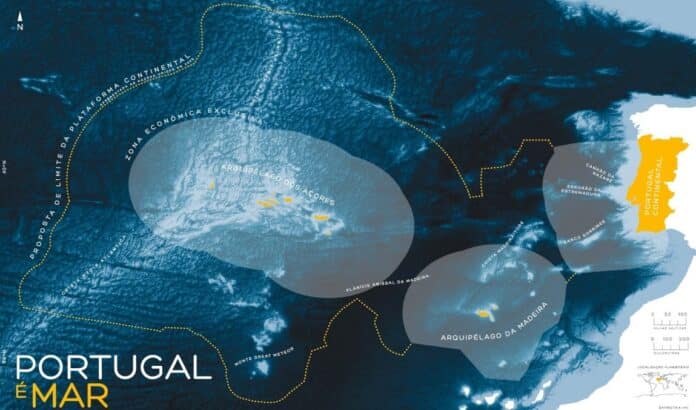“A lot of international pressure for mining to take place”
The Faculty of Sciences of the University of Porto (FCUP) is leading a project that aims to assess the potential impacts of deep sea mining and is focused on the Azores – a region “rich in resources with potential for energy transition”.
In a statement, FCUP said today that researchers are developing numerical and ecological models, as well as carrying out ecotoxicological tests to predict “how sediments in the deep sea will be transported” and to assess their effects on marine organisms.
The “most immediate and expected” consequence of deep sea mining is the presence of sediment plumes, which are released during the mining process and can potentially disperse over large distances, “increasing the turbidity of the water column and potentially affecting organisms several kilometers from the initial source of contamination“.
To test this impact, researchers are going to use approaches that involve carrying out tests using a hyperbaric chamber, which will allow them to simulate the conditions of the deep ocean in terms of pressure and temperature.
Quoted in the press release, Miguel Santos, a professor in FCUP’s Biology Department, as well as being a researcher at the Interdisciplinary Center for Marine and Environmental Research (CIIMAR), said there is “great fear about the impact that mining can have on ecosystems“, but at the same time “there is a lot of international pressure for mining to take place”.
“Our aim is to understand, for example, the impact in terms of habitat destruction and the effects of the sediment plume, in order to help the authorities develop more appropriate management and risk assessment tools”.
The project is based in the Azores, a region that is “highly sought after for its resources” in the oceanic crusts and the proximity of hydrothermal vents, which have “great biodiversity and unique ecosystems with potential biomolecules of biotechnological interest”.
FCUP recalls that in order to prevent the hasty start of deep sea mining, moratoriums have been put in place to prevent these procedures until an analysis of the environmental, social and economic risks has been completed.
Funded to the tune of €250,000 by the Foundation for Science and Technology, the project has the collaboration of the University of the Azores, the Portuguese national meteorological institute, IPMA, and CIIMAR.
The project runs until the end of this year, concludes Lusa in its report.
The question of deep-sea mining in/ around the Azores has been hovering for years.
For a short while, Portugal had a minister of the Sea (Ricardo Serrão Santos) who is a marine biologist; a doctor in biology and animal ecology and a principal lecturer at Azores’ university. He warned (less than two years ago) of the folly of deep sea mining in the Azores.
Serrão Santos was replaced in 2022, coincidentally by the very man who had been advocating for deep sea mining in the Azores for well over a decade: Portugal’s current minister of the ‘economy and maritime affairs’ António Costa Silva.
At the time of Mr Serrão Santos’ departure, LIVRE questioned why the ministry of the sea had been suddenly attached to the economy raising fears that deep sea mining would be back on the country’s agenda.
This was countered by Costa Silva a few months later, who said: “Deep sea mining is not a question we can ask today because it is completely out of the question in the coming decades. We need to know the dynamics of the oceans first”.
That appears to be what is happening with this project.
natasha.donn@portugalresident.com




















